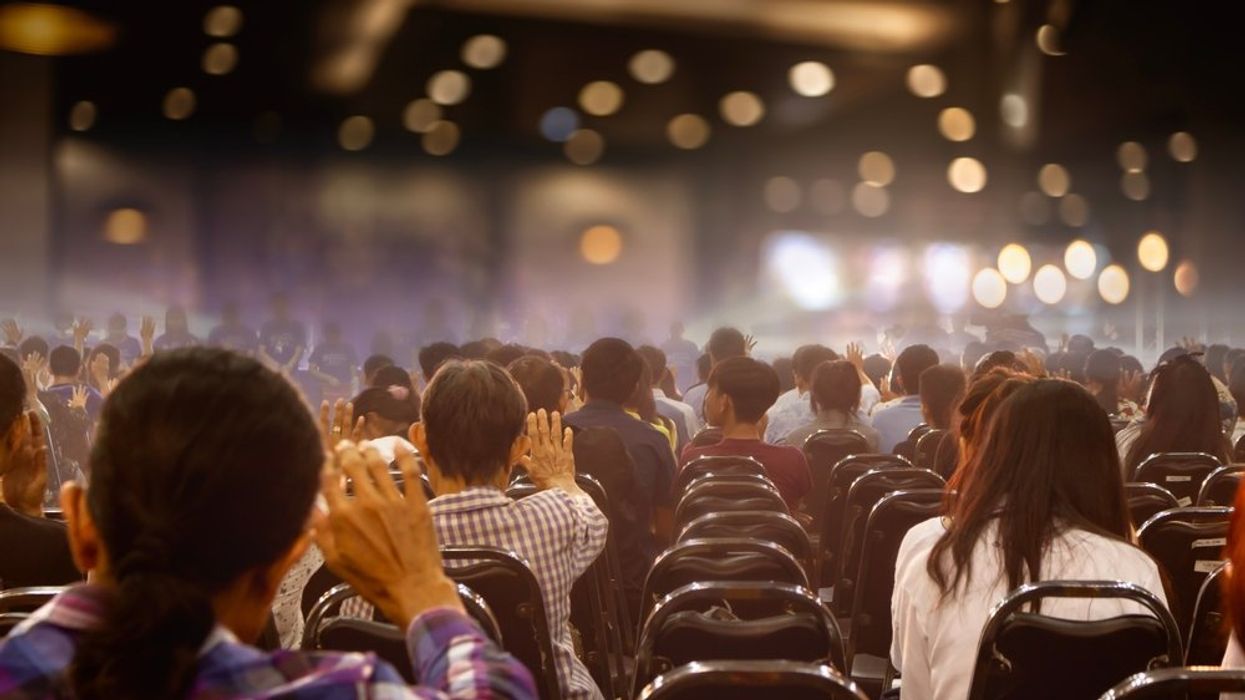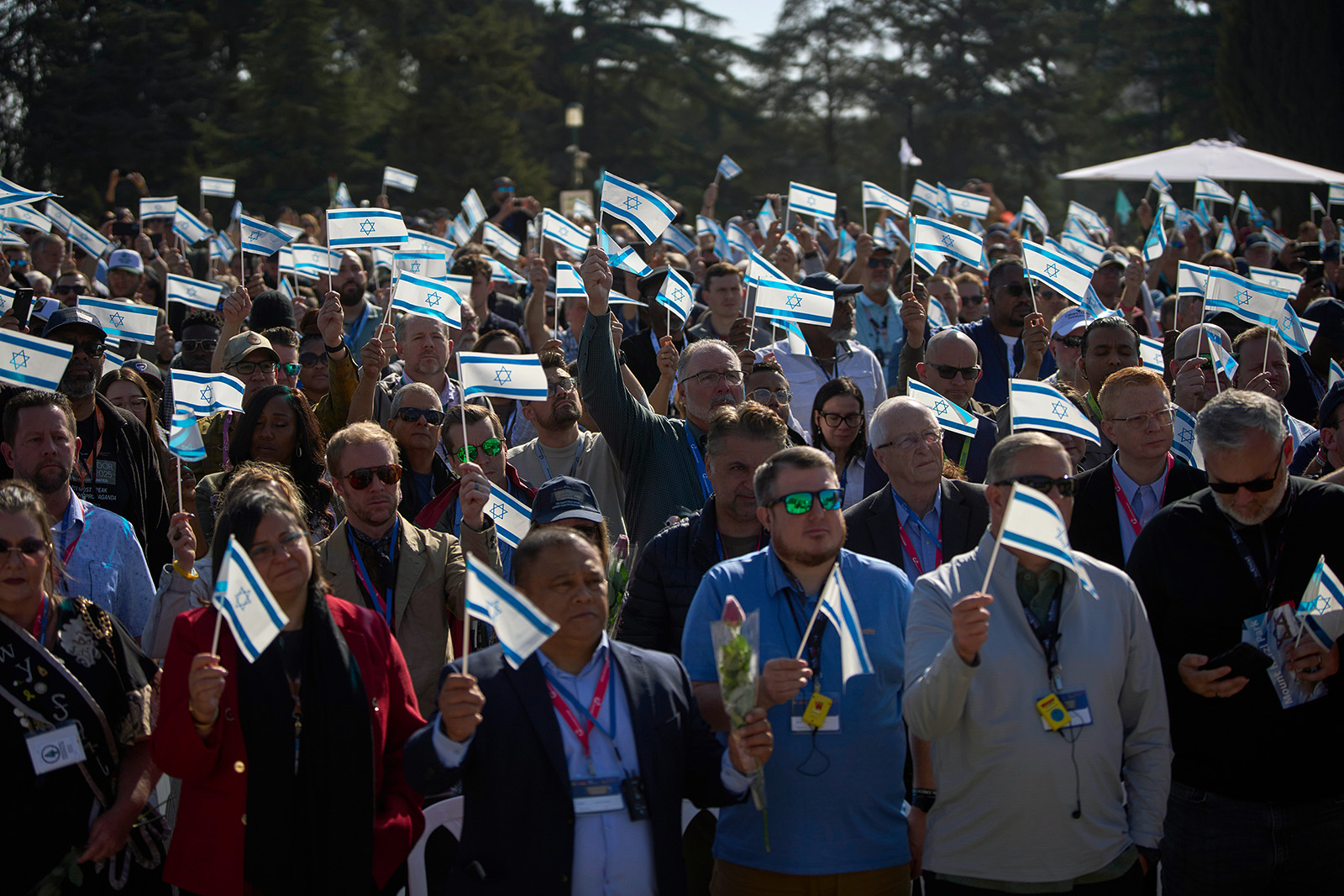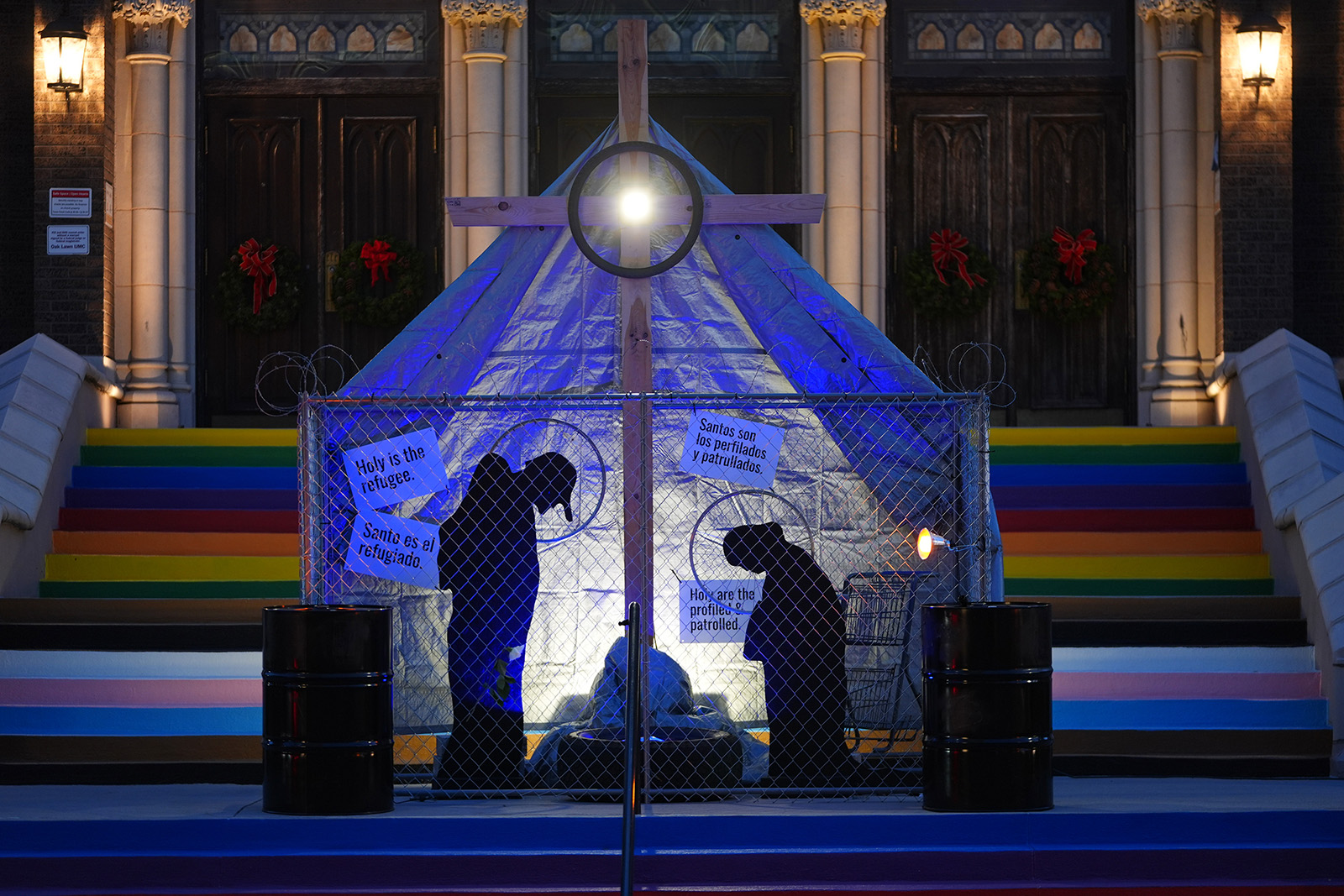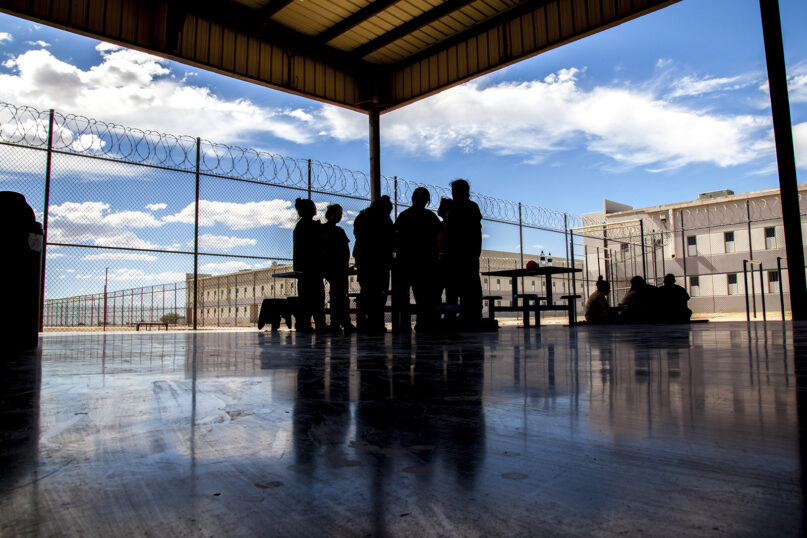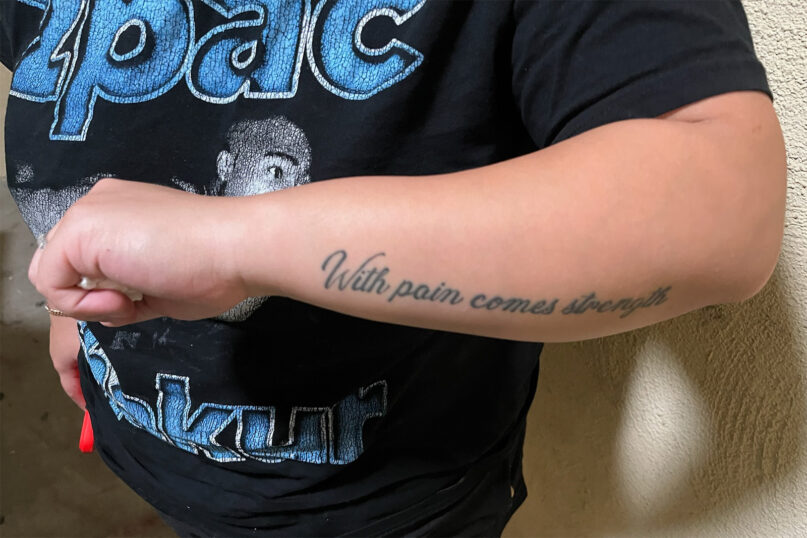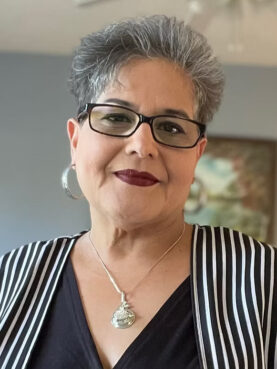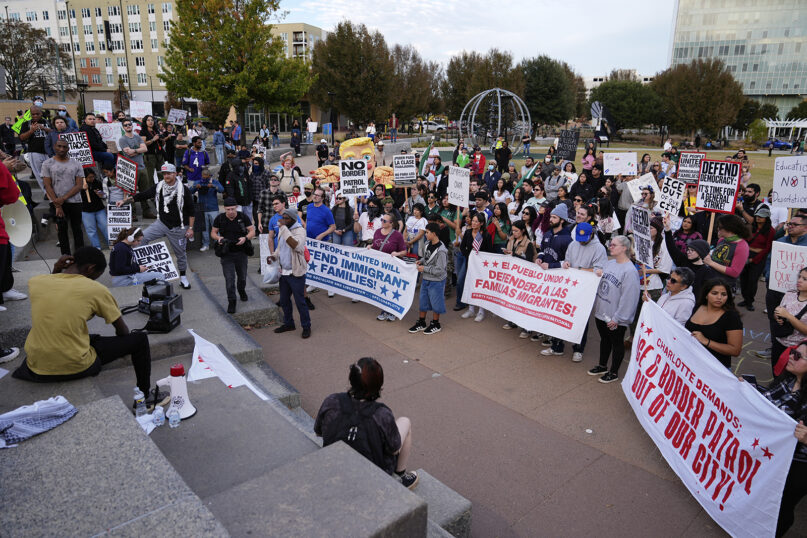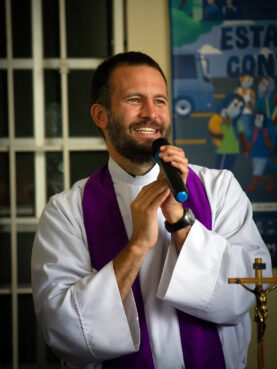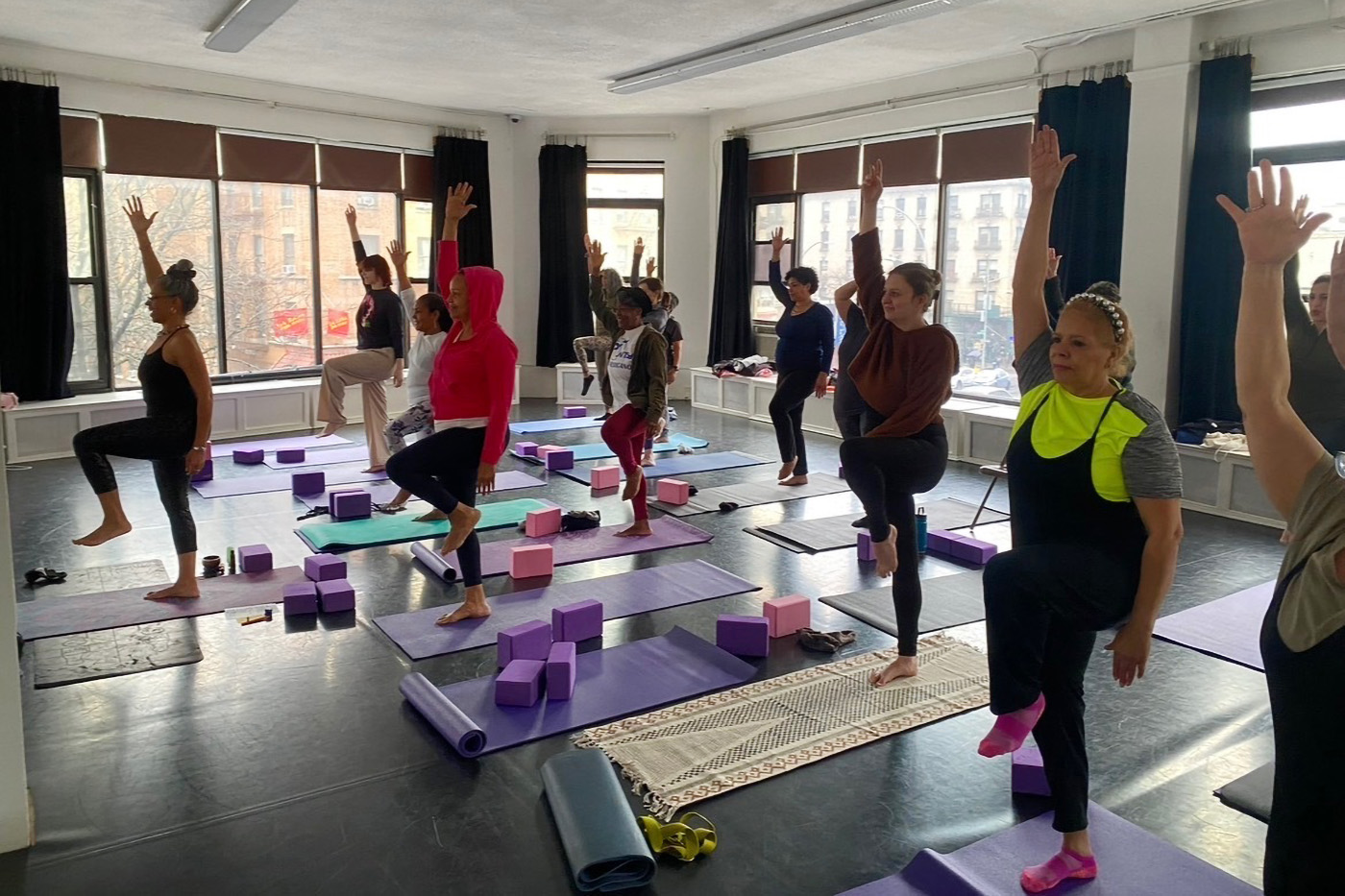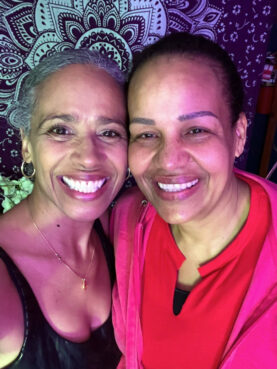Dancing with European Nationalism: Israel’s Generation Truth Antisemitism Conference
Held between January 26 and 27 at Jerusalem’s International Convention Center and called Generation Truth, the second international conference on combating antisemitism was a picture of cracking contradictions. Organised by Israel’s Minister for Diaspora Affairs and Combating Antisemitism, Amichai Chikli, it featured speakers from various far-right groups, many European, and saw Australia’s former Prime Minister and Pentecostal believer, Scott Morrison, address attendees. (The man is obviously touting for gigs.)
The attendance list caused problems prior to last year’s inaugural conference, not least because it included speakers from parties with memberships boasting neo-Nazis and Holocaust deniers. If this was Chikli’s effort at humour, violating that injunction that Zionism and Nazism shall never be linked, few were laughing. Notable international figures such as the UK’s chief Rabbi Ephraim Mirvis, and Germany’s antisemitism commissioner Felix Klein, cancelled their participation on realising the unsavoury lineup. ADL chief Jonathan Greenblatt also withdrew from the conference “in light of some of the recently announced participants.”
By 2026, Chikli had learned a few lessons sufficiently to see appearances by Israeli President Isaac Herzog and Jewish Federations of North America President and CEO Eric Fingerhut accede to appearing. Not that those lessons were deep ones. The minister still believed that far-right politicians, notably from Europe, had a role to play in combating antisemitism, much to the consternation of Jewish community leaders and advocates in the diaspora. “We just have a disagreement,” he put it dismissively in an interview with The Times of Israel.
This particular approach involves a calculus on how Islamophobic your counterparts are relative to antisemitism. A rash of antisemitism can well be tolerated as long as the Prophet remains the arch enemy. “The real threat to European Jewry is radical Islam, not the political right,” comes Chikli’s confirmation. The intention was to “form a broad camp to fight together the lethal antisemitism that is coming from within. That’s not to say we can ignore the far left or the far right, but this is the most lethal form of antisemitism that we face.”
Within what is not exactly clear, but presumably it’s the milieu that tolerates nuisance types who think Israeli policies towards Palestinian self-determination and suffering deserve condemnation, including the atrocities, dispossession and ethnic cleansing that has accompanied them. As the Ministry of Diaspora Affairs explained in a media release on January 22, this grievance was antisemitism in progressive guise, “which adopts the language of human rights while in practice working to delegitimize Israel, exclude Jews from the public sphere, and legitimize boycotts.”
These are the very policies that have been found to be genocidal by the United Nations Independent International Commission of Inquiry on the Occupied Palestinian Territory last September, and deemed such by Amnesty International in December 2024 and the International Association of Genocide Scholars in August 2025. Such claims, filed by South Africa, are currently being reviewed by the International Court of Justice.
It would be absurd to expect that indignant protests against such conduct would not follow, be it in the Palestinian diaspora and those sharing solidarity with its cause. But as such protests are seen to be antisemitic for attacking Israel, the argument comes full circle: those holding placards and crying through megaphones are the ones accused of encouraging acts of hatred to Jews in toto, not the diminishing stocks of Israel’s reputation before the mountainous pile of Gazan corpses. In hate, there are the pure and the soiled, with holy writ dispensing with the ambiguities.
The opening address further showed how muddled Chikli is. “This conference seeks to banish political correctness, call the child [antisemitism] by its true name, and mobilise all forces in the ideological and physical struggle against the heirs of the modern Nazis,” he stated in his welcome address. “This is not just the struggle of the Jewish people. This is the struggle of the free world against the imperialism and tyranny of radical Islam.”
Among the far-right figures in evidence was Sweden Democrats leader Jimmie Åkesson. Willie Silberstein, as chair of Sweden’s Committee Against Anti-Semitism, told the BBC in 2022 when commenting on the rise of the SD that his committee had “a problem with parties that were founded by Nazis. That is not an opinion – that is a piece of fact.” The fact that Åkesson had thought it prudent to suspend the party’s entire youth wing in 2015 over its links to the far right gave Silberstein room to wonder: “If one party is so full of people that need to be excluded because they are Nazis – it says something about that party.”
There was Brazilian Senator Flávio Bolsonaro, father of former President Javier Bolsonaro and self-declared contender for the Brazilian presidency. Rather than acknowledging the throbbing authoritarian lineage through his father, he promoted the importance of removing his country’s current President Luiz Inácio Lula da Silva, a man who had likened Israel’s war in Gaza to the Holocaust. Bolsonaro was judicious in referring to the importance of “Judeo-Christian values” and calling Brazil a “Christian, Jewish country”. Were he to be elected, he would move Brazil’s embassy to Jerusalem.
Sam van Rooy and Geert Wilders, parliamentarians from both Belgium and the Netherlands, were also there to bulk the show. Hungary’s representative, EU Affairs Minister János Bóka, attended in premier Viktor Orbán’s stead, a figure so finely illustrative of the dangerous nonsense that afflicts Israel’s courting of European nationalism that ran, and to a large extent still runs, on the intoxicating fumes of antisemitic mania. Orbán’s verbal lashings of the Hungarian Jewish financier George Soros, whom he accused of wishing to settle millions of “illegal immigrants” on Europe’s chaste, Christian soil, are hard to discount. The Soros-founded Central European University wasn’t spared either. By way of contrast, one of Hungary’s rather sketchy historical figures, Miklós Horthy, an important if erratic figure in sending Jews to extermination camps during the Second World War, has received praise and admiration for being a capital fellow, a true statesman.
Being in league with the Christers and blood-and-soil brigade is a confounding situation especially seeing how troubled they have been by Jewry. But when one considers that the likes of Chikli, Bezalel Smotrich, and Itama Ben-Gvir are themselves ethnonationalist and believers of the final war of Gog and Magog, those gathering for Armageddon in the Holy Land are going to be having a most interesting if confrontational encounter when the final reckoning is reached. Armageddon is intended to be a bigoted affair.
Scott Morrison in Israel
The Preaching Pentecostal
Australia’s former Prime Minister and faithful Pentecostational conference on combating antisemitism held between January 26 and 27 at Jerusalem’s International Convention Center, ambitiously titled Generation Truth.
The December 14, 2025 attack by two ISIS-inspired gunmen on those attending a Hanukkah event on Sydney’s Bondi Beach had supplied him with a hot script. Australia’s Albanese government had been previously barked at by Israeli Prime Minister Benjamin Netanyahu for going wobbly on Israel and soft on Palestinians. Morrison was in hearty agreement, claiming that the Labor government had “walked away from the Jewish state while antisemitism has taken root in Australia”, feeding the hate through unilateral recognition of Palestinian statehood.
In keeping with various Christian groups of the right, Morrison is of the view that Israeli interests need to be protected, shielded and treasured against other, undesirable members of the Book. Christians and Jews can make a common alliance against their enemies, even if evangelical Christianity has a well-stocked reserve of antisemitic attitudes. As Prime Minister, Morrison recognised West Jerusalem as Israel’s capital, despite its contested status in international law, going so far as to open a Trade and Defence Office there in 2019. In 2021, his government officially adopted the definition of antisemitism proposed by the International Holocaust Remembrance Alliance (IHRA), one that fudges criticism of Israeli policies with antisemitism. Since losing office he has been further courting Israel’s favour by attacking the United Nations for being a forum for antisemitism garbed in the argot of human rights.
The January 27 address recapitulated these points, and more. He pointed to a five-fold rise in antisemitic incidents in Australia following the October 7, 2023 attacks on Israel by Hamas. Context, such as Israel’s historical suppression of Palestinian autonomy and its ruthless campaign of pulverisation in Gaza, was absent. Regular protests in Sydney and Melbourne, including a Sydney Harbour Bridge march numbering 100,000 people, were all cut from the same cloth of antisemitism. Again, Israel’s conduct and policies deserved no mention, while slogans such as “from the river to the sea” and “globalising the intifada” could only be seen as antisemitic declarations.
With political illiteracy typical of the man, Morrison then linked the protests and a softer approach to Palestinian statehood directly to the Bondi attacks, his mind unblemished by any understanding about what ISIS is, and its hostility to Hamas. Shades, here, of the sham groupthink that marked Cold War analysis from Washington to Canberra on monolithic communism. Just as communism of the Chinese, Soviet and Vietnamese character was just communism, so can all forms of Islamism be considered identical.
The usual cod analysis of the “progressive Left”, with its “neo-Marxist identity frameworks” and the “radical Right”, with its “conspiratorial and ethno-nationalist forms”, are offered, both serving as the conduit for “grievance politics”. “When failure is moralised as systemic injustice, liberal norms collapse.” This is the golden apologia for Israel writ large: do not blame institutions and injustice as having any consequences, the spawn of their practices. Abandon grievance; it has no role.
This sets the scene for Morrison’s real concern, and in this, he was keeping to the theme pushed by Chikli from the outset. Whatever the issues on the Left and Right of politics, Islam posed the greatest antisemitic threat, with its “imported European conspiracy theories, recasting Jews as a hidden enemy responsible for global disorder.”
His solution to such malignancy in a Western secular context? More religion, not less. Morrison quotes Lord Rabbi Jonathan Sacks quoting Jonathan Swift: “we have just enough religion to make us hate, but not enough to make us love.” But the faith in question had to be of the “good” sort, an inward individual consideration, rather than the “bad” variety that externalised the grievance and made people rush for placards, street rallies and arms.
That bilious right-wing figures demanding the expulsion of Palestinians from the West Bank and Gaza have more than enough religion to go around (Israel’s National Security Minister Itamar Ben Gvir and Finance Minister Bezalel Smotrich come to mind) suggests this formula to be flawed. But Morrison singles out Islamic leaders and institutions within Australia as alone in lacking accountability. What was needed was “a recognised accreditation framework for imams, a national register for public-facing roles, clear training and conduct requirements, and disciplinary authority for governing councils.” Sermons should also be translated into English, and links to foreign Islamic groups policed and curbed.
In Australia, Liberal Senator Andrew Bragg spoke approvingly of the former PM’s tarnishing method, with Australian Muslims having to “take some responsibility” for terrorist acts. “Unfortunately,” he told ABC radio on January 28, “there has been a mutation of Islam in Australia and other Western countries where they have sought to kill citizens, not just Jewish people, but other citizens.”
The Australian National Imams Council (ANIC), the Australian Federation of Islamic Councils (AFIC) and the Islamic Council of Victoria were suitably unimpressed. Chief executive of the Islamic Council of Victoria, Zakaria Wahid, made the far from startling point that the Australian government did “not hold entire communities accountable for acts of violence committed by individuals, and the same standard must apply to Muslims.”
Morrison has shown that he can be a good Pentecostal when required, demonstrating the sort of charity that never leaves his home or the halls of the Hill Song Church. As a cabinet minister and prime minister in various conservative governments, he showed a glacial contempt for women, welfare recipients, refugees, asylum seekers, those warning about climate change and open government. As prime minister, he gave Australia AUKUS, a criminally exorbitant, foolishly negotiated security pact between Canberra, London and Washington that has turned his country into an American satellite and forward base against China. But his less than secular admiration for Israel has won him friends, a point Chikli has unreservedly acknowledged. No doubt some well remunerated consultancy work is in the bag.
